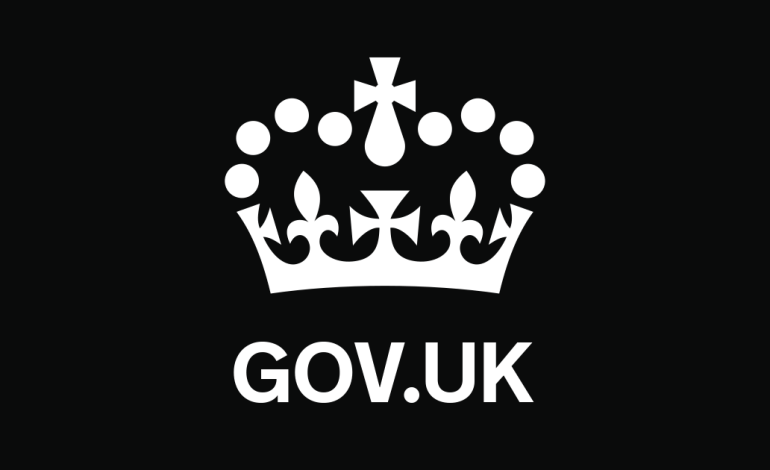
A proposed law to improve transparency in ticket pricing for sports and cultural events has faced delays in Parliament. The Sale of Tickets (Sporting and Cultural Events) Bill, sponsored by Labour MP Rupa Huq, was due for its second reading on December 6. However, debates on other bills overran, pushing it back. Its provisional date for debate is January 17.
Alas we did not get to debate my ticketing bill today as I was in a queue and only 1st bill of 4 listed got debated in the five hours @HouseofCommons sat but I have nominated 17th January for the re-match. Here’s what went on today in Parliament https://t.co/bLP1HC8FYN
— Rupa Huq MP (@RupaHuq) December 6, 2024
The bill seeks to tackle controversial ticketing practices, including dynamic pricing, which allows ticket prices to surge based on demand. This issue gained prominence following the sale of Oasis reunion tour tickets earlier this year, where some fans paid upwards of £400 for tickets with a face value of less than £150. Ticketmaster’s use of dynamic pricing during the sale sparked significant backlash, with critics accusing the platform of exploiting fans, and has led to some negativity around the tour.
In other words, “We accept many UK & Irish fans were overcharged but we’re not sorry enough to refund the difference between those dynamically priced tickets and the stated price at the time of sale”. Or, “We literally value UK and Irish fans differently to our US fans”. — Adam Frith (@MrAdamFrith) September 30, 2024
The proposed law would require ticket sellers to provide clear pricing and availability information to consumers waiting in online queues. It would also mandate that the final sale price be printed on tickets. Failure to comply could result in fines under the proposed legislation, though the specifics will be altered and narrowed as it makes it way through the House of Commons and the House of Lords.
Speaking to the AP, Huq described the bill as a “consumer protection measure” designed to prevent fans from facing hidden charges or inflated costs. Addressing criticism from some Conservative MPs, she argued that the bill does not represent “state interference” but instead will stop any “nasty surprises”.
It’s official: my Sale of Tickets (Sporting and Cultural Events) Bill aka the StopOasisStyleTicketRipOffs bill
is listed for debate in @HouseofCommons todayWish me luck! pic.twitter.com/8l0A7fxMCp
— Rupa Huq MP (@RupaHuq) December 6, 2024
The bill passed its first reading in the House of Commons on October 16. However, the delay in its second reading has led to accusations of political stalling. The European Union (Withdrawal Arrangements) Bill, which was debated for nearly five hours on Friday, occupied the entire session, leaving no time for the Sale of Tickets Bill to be discussed.
Culture Secretary Lisa Nandy reacted positively to the proposed bill, and pointed to an ongoing government consultation on ticketing practices. She stated that the government is committed to putting fans “at the heart of ticketing” and will consider reforms based on the consultation’s findings. She also made a point of saying that it is a matter of when, not if.
My Sale of Tickets (Sporting and Cultural Events) Bill – Parliamentary Bills to stop Summer Oasis style ripoffs unveiled today – watch this space Great have a government who “gets it” including Britney-loving culture secretary @lisanandy pic.twitter.com/8kDPrA15sW — Rupa Huq MP (@RupaHuq) December 4, 2024
The Oasis ticketing scandal is just one example of why the bill’s supporters say reform is needed. It has been used since 2022, and acts like Harry Styles have used the model. Bruce Springsteen’s 2023 tour also saw controversy, with dynamic pricing leading to tickets being sold for as much as $4,000. Artists like Taylor Swift, Ed Sheeran, and The Cure have since pledged not to use the pricing model.
This is not just a UK issue. Dutch MEP Lara Wolters, who supports stricter regulation of ticket pricing, has called for similar reforms across Europe. She argues that existing practices unfairly benefit platforms like Ticketmaster at the expense of fans.
The bill, if passed, would build upon existing measures under the Consumer Rights Act 2015. These include requirements for secondary sellers to disclose seat locations, face values, and restrictions on resale tickets. The new legislation aims to go further by adding greater transparency and accountability in ticket sales.
Good luck Rupa! X
— Carl Loben (@CarlLoben) December 6, 2024
Support for the bill extends beyond Westminster. Editor of DJ Mag, Carl Loben, is among those backing stricter regulation of ticket pricing, tweeting Huq on the morning of the hearing with encouragement.
The delay in Parliament will frustrate some, including those who had to choose between paying inflated prices, or missing out altogether. For now, all eyes are on January 17, when the bill is expected to return to the Commons.
